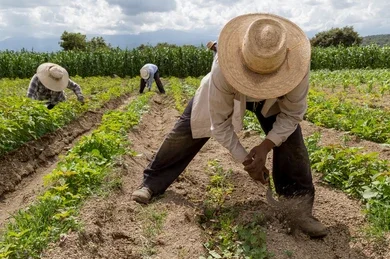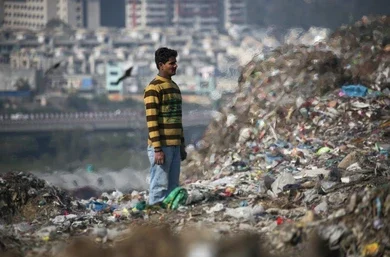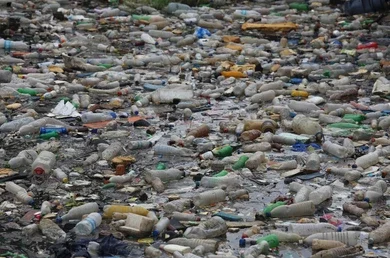
Institutions in the United States, such as universities, face mounting pressure to reduce water waste and improve resource efficiency in the face of climate variability and population growth. Outdated infrastructure and limited real-time oversight often result in significant water loss, inefficiencies, and higher environmental impact. Addressing these inefficiencies is critical to fostering sustainable consumption and operational practices.

Mexico faces growing challenges in promoting sustainable agricultural practices as traditional farming methods often rely heavily on synthetic fertilizers and pesticides. These practices contribute to environmental degradation, including soil depletion, water contamination, and biodiversity loss. The need to shift toward more environmentally responsible food production systems is urgent, particularly as demand for agricultural output increases and climate pressures intensify.

India generates millions of tons of waste annually, much of which remains unprocessed due to limited infrastructure and poor segregation. Inadequate recycling facilities and contaminated waste streams further hinder reuse and recovery. A sustainable waste management system must prioritize source segregation, expanded recycling networks, and community engagement to mitigate environmental damage.

The U.S. faces a severe plastic consumption problem, leading to massive waste accumulation in landfills and waterways. Despite efforts to enhance recycling, most plastic remains unrecovered, posing serious threats to ecosystems, biodiversity, and public health. Urgent reforms in production practices and robust recycling systems are essential to curb this growing crisis.

